min read
min read
min read
min read
Here at Busy Bees, we believe a child’s early learning experience should be full of wonderful experiences that they can carry with them throughout their early years. After all, they only get one childhood.
You may have heard of the Early Years Foundation Stage framework (EYFS) - a government framework that sets the standards for the learning, development, and care of children from birth to five years old. Busy Bees’ academic lead, Jenny Shaw, tells us more.
Your child’s early years experience should be happy and fun, and support your child’s development, wellbeing, care and learning needs.
The Early Years Foundation Stage (EYFS)* includes seven areas of learning that help to shape the educational programmes provided in early years settings. All areas are inter-connected. There are three prime areas that are especially important for children to build a foundation to support other areas of learning. These are:
There are also four specific areas through which the prime areas are strengthened. These are:

All the fun activities that you do with your child at home play an important part in their learning and development. Here are just a few ways you can support your child’s learning:
If you’re an existing Busy Bees parent, don’t forget to check out UP at Busy Bees – Unleashing Potential for more tips and advice.

Here at Busy Bees, we follow the EYFS* framework in England, but we are strong believers in providing your child with a range of diverse experiences and activities to support them on their learning journey.
There are many ways in which our nurseries go beyond the EYFS framework to ensure your child has the best childhood. From our health and wellbeing to our learning through play activities, our passionate and experienced team goes beyond Government's standards. Find out more about the Busy Bees Difference here.
*All schools and Ofsted-registered early years providers in England must follow the EYFS framework including preschools, nurseries, and school reception classes. Busy Bees also follows the Curriculum for Excellence and other relevant guidance in Scotland and The Foundation Phase in Wales.
by
Published: 27/06/2022
Share Blog
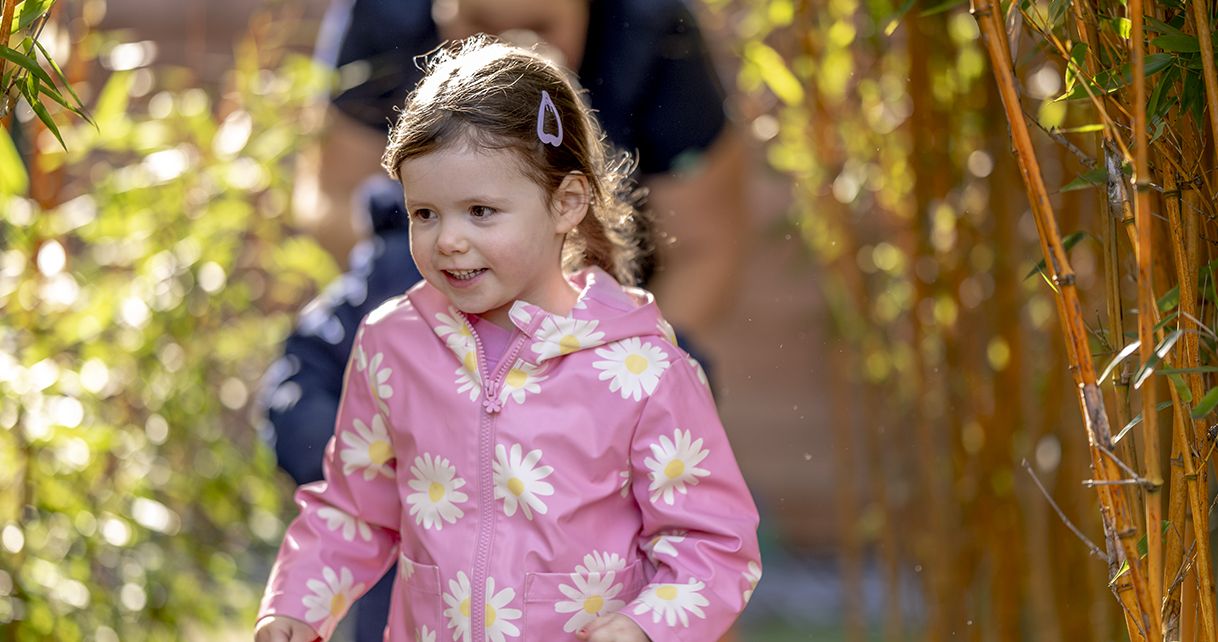
by Busy Bees 26/01/2026
10 min read
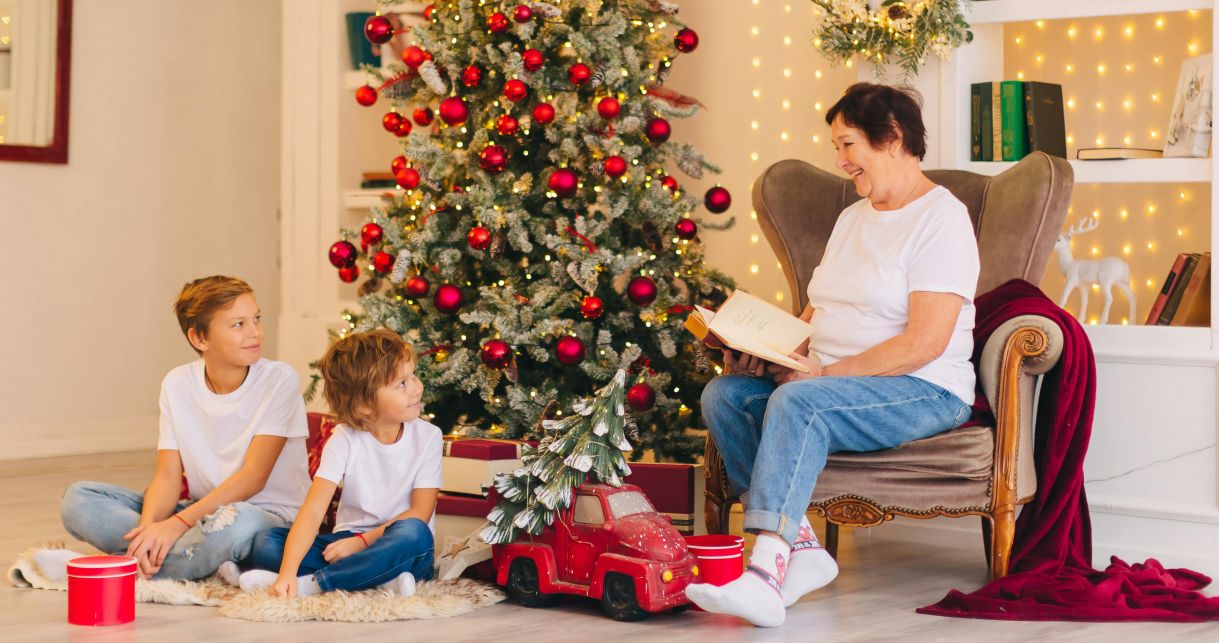
by Busy Bees 01/12/2025
5 min read
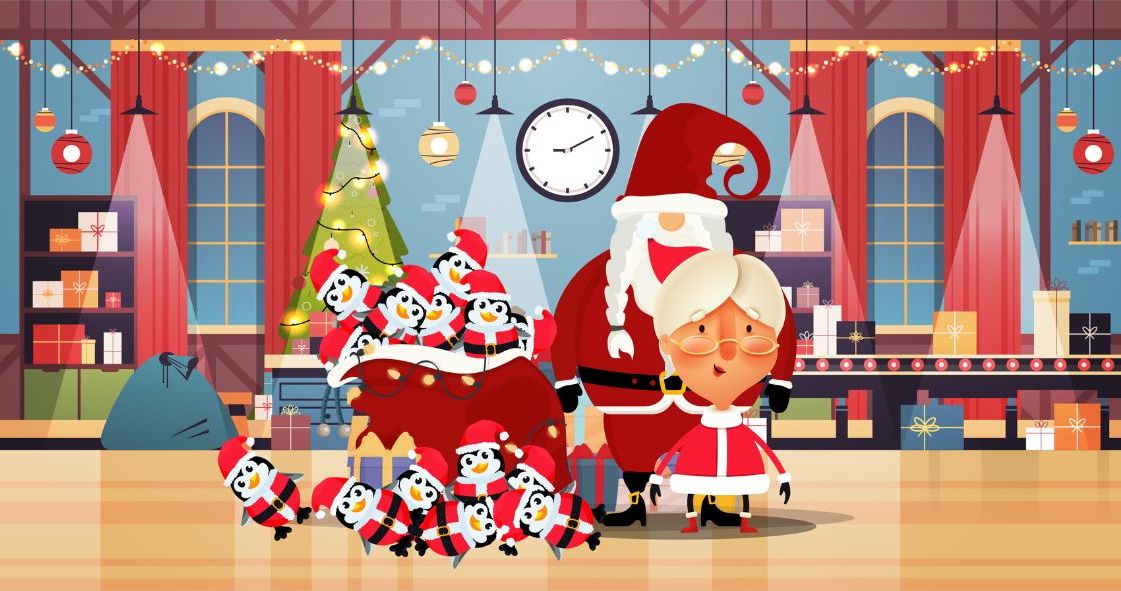
by Busy Bees 01/12/2025
5 min read
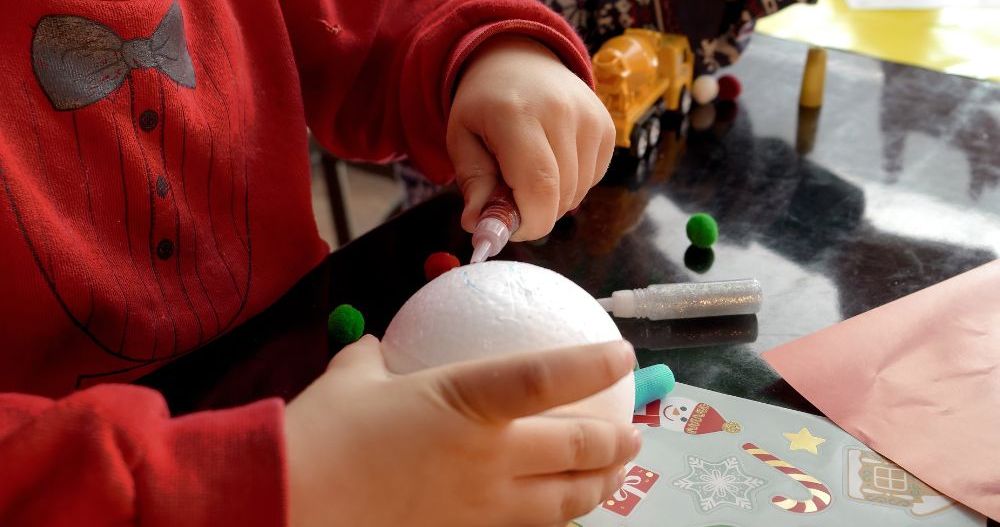
by Busy Bees 27/11/2025
6 min read
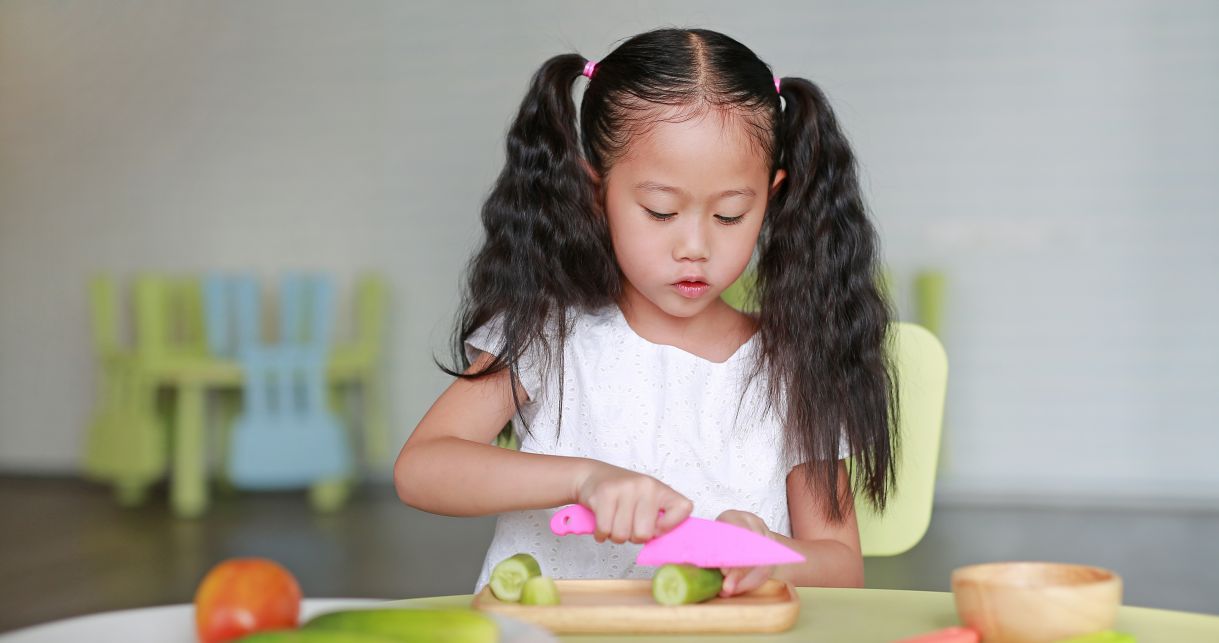
by Busy Bees 25/11/2025
7 min read